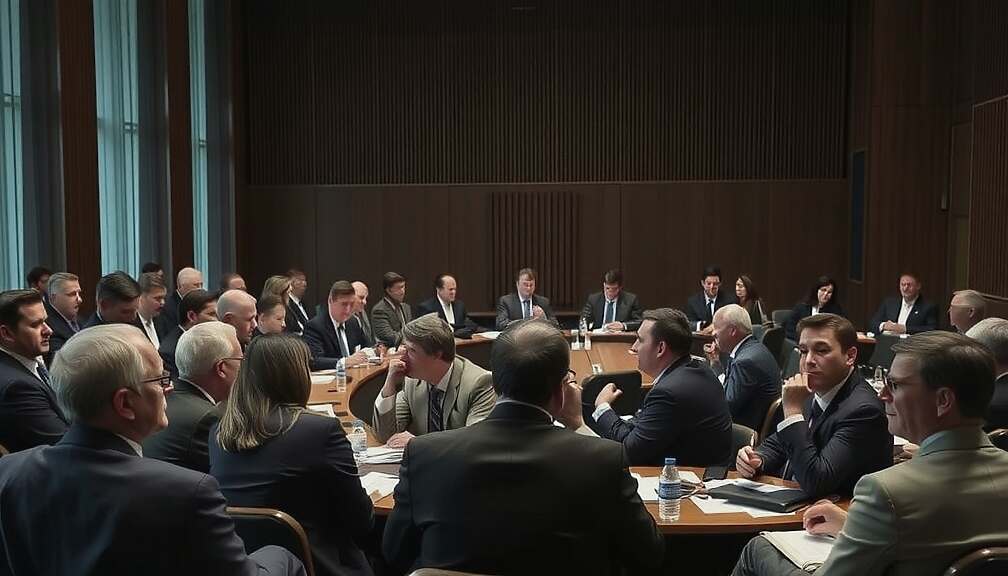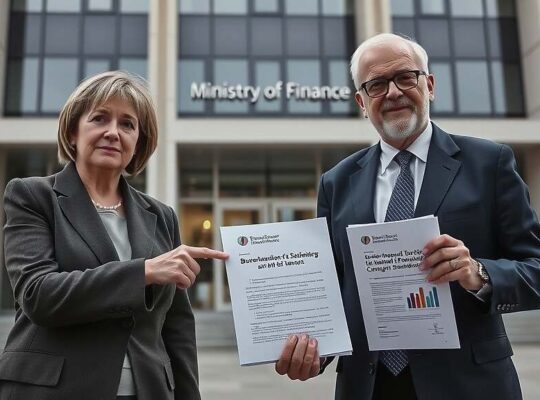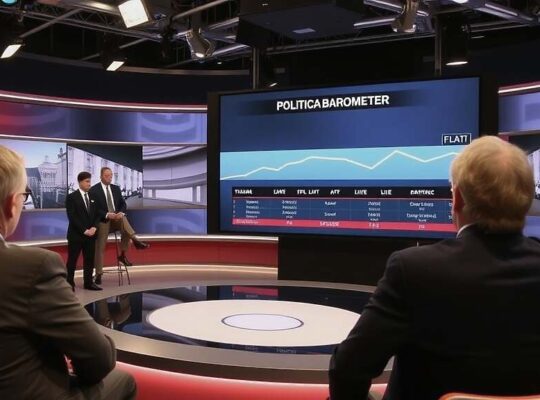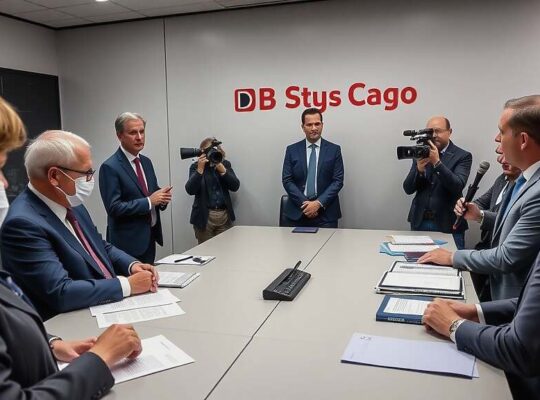The Christian Democratic Union’s (CDU) economic council has formally advocated for the abolition of the internal combustion engine (ICE) ban at the European Union level, signaling a potential shift in Germany’s approach to climate policy and sparking debate about the efficacy of technology mandates. The move, revealed in an interview with Wolfgang Steiger, the CDU’s General Secretary, in the “Rheinische Post”, reflects growing concerns within the party regarding the rigidity and potential economic consequences of the current emissions regulations.
Steiger argued that policymakers should focus on regulating carbon dioxide emissions directly, rather than dictating the type of technology used to achieve reductions. He strongly criticized the existing “fleet targets” which impose stringent, technology-specific mandates on vehicle manufacturers, stating that a “complete rethinking” is required.
The proposed solution emphasizes a EU-wide, encompassing carbon certificate trading system. This system would ideally be expanded to cover multiple sectors and energy sources, with a predictable and planned reduction in the number of available certificates. The intention, according to Steiger, is to generate robust price signals that incentivize emissions reductions across the economy, allowing market forces to drive innovation and investment in low-carbon technologies.
However, the proposal is already drawing criticism from environmental groups and within the EU’s Green political factions. Concerns are being raised that a reliance on carbon trading without specific technology mandates could result in insufficient progress on decarbonization and risk “carbon leakage” where emissions are simply shifted to regions with less stringent regulations.
The CDU’s stance also highlights a widening ideological rift within German politics. While the governing coalition remains committed to ambitious climate targets, the proposal underscores the growing unease among some conservatives regarding the perceived overreach of regulations and the potential impact on German industry, particularly the automotive sector, a cornerstone of the German economy. The debate is likely to intensify as the EU reviews its climate policy framework and navigates the complex challenges of achieving its 2030 and 2050 climate goals.












